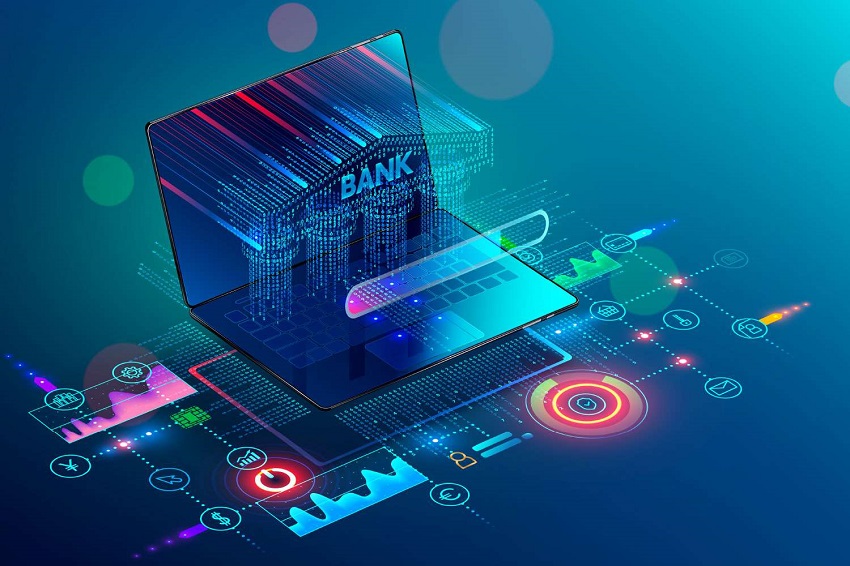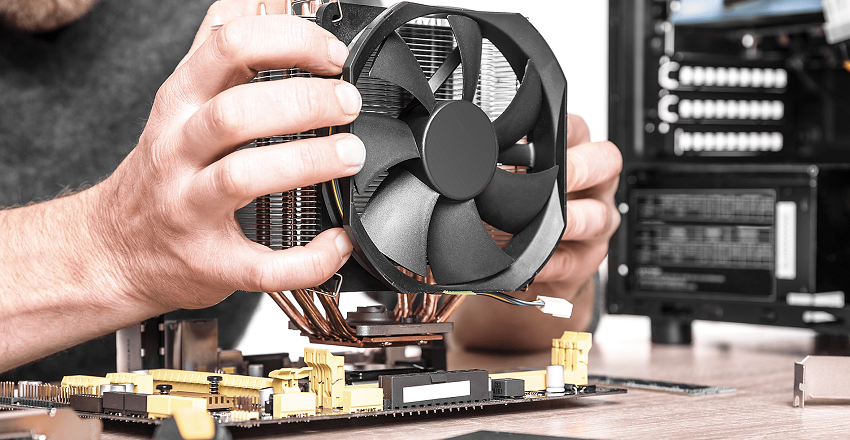Computers have become an essential part of our lives, enabling us to perform various tasks efficiently. However, like any other machine, computers require regular maintenance to ensure optimal performance and longevity. In this article, we will delve into the importance of computer maintenance, explore different aspects of it, and provide valuable tips to keep your computer running smoothly. The content is introduced by https://ledmain.com/
Understanding Computer Maintenance
Computer maintenance refers to the process of preserving, optimizing, and troubleshooting computer systems to ensure their proper functioning. It involves both hardware and software components, addressing issues such as performance slowdowns, software conflicts, security vulnerabilities, and hardware failures.
Regular Software Updates
One crucial aspect of computer maintenance and repair is keeping your software up to date. Operating system updates, security patches, and software upgrades are released regularly by developers to address bugs, enhance functionality, and improve security. By regularly updating your software, you can prevent software conflicts, security vulnerabilities, and hardware failures.
Disk Cleanup and Optimization
Over time, computers tend to accumulate unnecessary files and data that can impact their performance. Performing regular disk cleanup and optimization helps remove temporary files, unnecessary system files, and clear browser caches. This process can free up valuable disk space and improve overall system performance.
Malware Protection and Antivirus Software
In today’s digital landscape, the risk of malware infections and cyber threats is prevalent. To protect your computer from viruses, spyware, and other malicious software, it is essential to install reliable antivirus software. Keep the software up to date and perform regular system scans to detect and eliminate any potential threats.
Hardware Maintenance
Hardware components are susceptible to wear and tear, and proper maintenance can extend their lifespan. Regularly cleaning the computer’s internal components, such as the CPU fan and vents, prevents overheating and ensures optimal performance. Additionally, checking and securing cable connections and replacing faulty hardware components can help avoid system failures.
Data Backup
Data loss can be devastating, especially if you store important files and documents on your computer. Implementing a regular data backup strategy is crucial to prevent permanent data loss in case of hardware failures or malware attacks. You can use external hard drives, cloud storage, or automated backup solutions to safeguard your data.
Performance Monitoring
Monitoring your computer’s performance can help identify potential issues before they escalate. Keep an eye on system resources such as CPU usage, memory usage, and disk activity. By monitoring performance, you can detect abnormal behavior, identify resource-hungry applications, and take necessary actions to optimize performance.
Managing Software and Startup Programs
As you use your computer, you may accumulate a plethora of software applications and startup programs that launch automatically. Some of these programs may consume valuable system resources and slow down your computer. Regularly reviewing and uninstalling unnecessary programs, as well as disabling unwanted startup items, can help improve system performance.
Protecting Against Power Surges
Power surges and electrical fluctuations can damage computer components and lead to data loss. To protect your computer, consider using surge protectors or uninterruptible power supplies (UPS). These devices can safeguard your computer against sudden power surges, voltage spikes, and power outages.
Cleaning the Keyboard and Peripherals
Dust, dirt, and debris can accumulate on your keyboard, mouse, and other peripherals over time. Cleaning these components regularly not only improves their functionality but also prevents the buildup of harmful bacteria. Use appropriate cleaning tools, such as compressed air and disinfectant wipes, to keep your peripherals clean and hygienic.
Conclusion
Computer maintenance is vital to ensure the smooth operation, security, and longevity of your computer system. By following the tips mentioned above and adopting a proactive approach towards maintenance, you can optimize your computer’s performance and protect it from potential threats. Regular software updates, disk cleanup, malware protection, hardware maintenance, data backup, performance monitoring, software management, power surge protection, and peripheral cleaning are all essential aspects of computer maintenance.
FAQs
- How often should I perform computer maintenance?
Regular computer maintenance should be performed at least once every three months. However, certain tasks like software updates and antivirus scans should be done more frequently, ideally on a weekly or monthly basis.
- Can I perform computer maintenance myself, or do I need professional assistance?
Many computer maintenance tasks can be performed by individuals with basic technical knowledge. However, for complex hardware repairs or advanced troubleshooting, it is advisable to seek professional assistance to avoid causing further damage.
- Is it necessary to shut down my computer when not in use?
Although it is not mandatory, shutting down your computer when not in use helps conserve energy and reduces wear and tear on components. It also allows for necessary software updates to be installed during shutdown or startup.
- How long does computer maintenance usually take?
The time required for computer maintenance varies depending on the complexity of the tasks involved. Regular maintenance tasks like software updates and disk cleanup may take around 30 minutes, while hardware maintenance or data backup can take longer.
- Can computer maintenance improve the speed of my computer?
Yes, computer maintenance can help improve the speed and performance of your computer. By optimizing system resources, removing unnecessary files, and addressing software conflicts, you can experience faster and more efficient computing.

